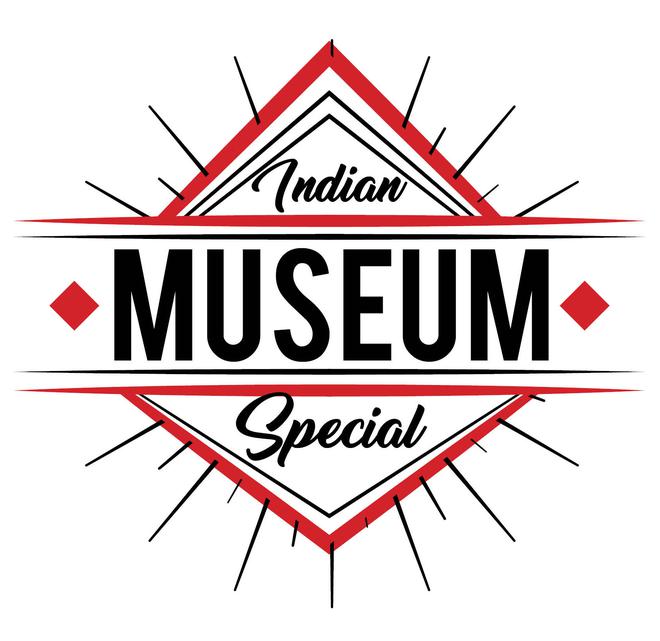
Why are museum shops in India not as thoughtfully curated as those you find abroad? We have both craftspeople and design experts who have been experimenting with different materials here but they haven’t made it to the museum gift shop. Why isn’t jewellery and other merchandise linked to permanent collections or special exhibitions at our museums? They could focus on Indian history and heritage and support local artists. Leading art curators, collectors and museum directors weigh in:
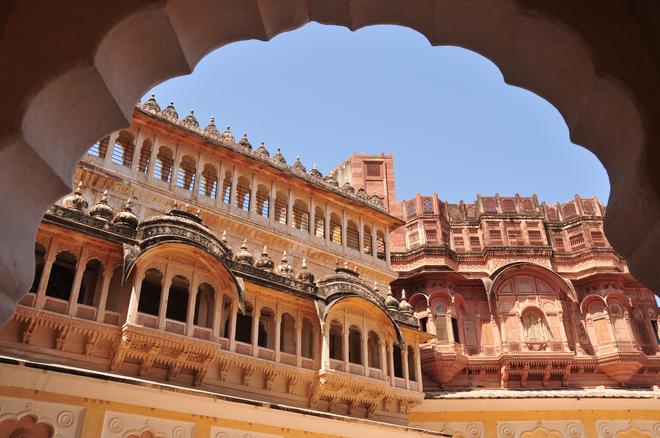
Lessons from Mehrangarh
Any museum and museum shop needs to have a curator who is thinking intelligently, not just about the collection but the crafts of India. I have seen the National Museum (NGMA) in Delhi create a collection for a one-off show but it has not been done in a consistent manner. The two museum shops in India that have done it exceptionally well, and both are at private museums, are the Mehrangarh Fort in Jodhpur and the new MAP in Bengaluru.
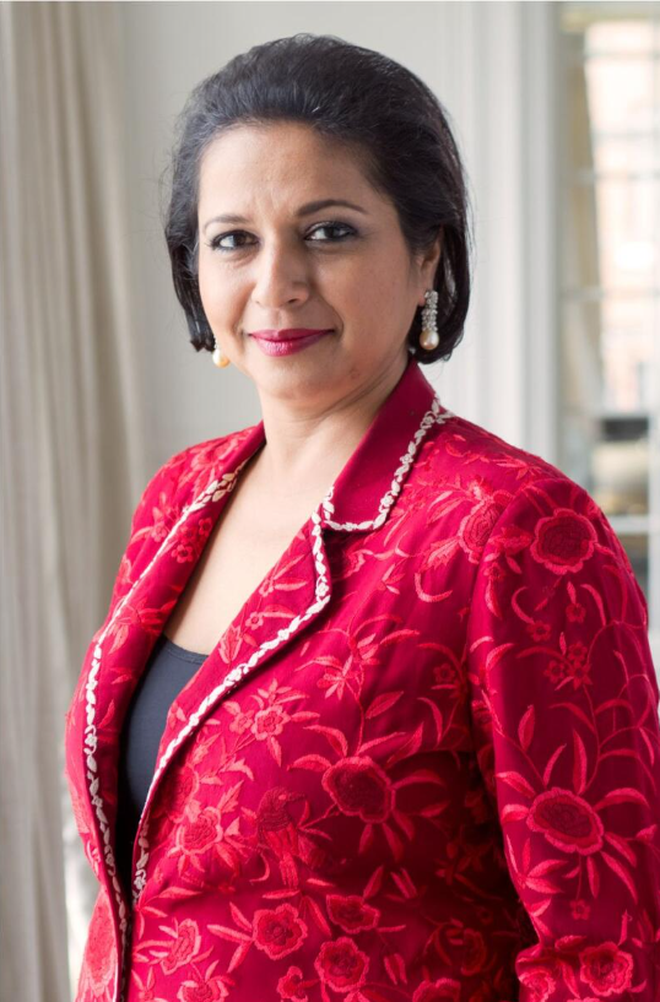
The former has been created in an exceptional way, integrating the crafts and practitioners, with new gifting options at all price ranges. At MAP it is evident that someone is thinking about the linkages between the collection and what people want to buy. One should offer things in all price ranges, from ₹50 to ₹5000, which tell a story from the museum. A lot of our museum directors and practitioners and curators are also getting exposure to collections and museums abroad and I hope this will help them. For museums, it means an investment in pieces that they are not certain will sell, which holds people back.
— Priya Paul, chairperson of Apeejay Surrender Park Hotels and art collector
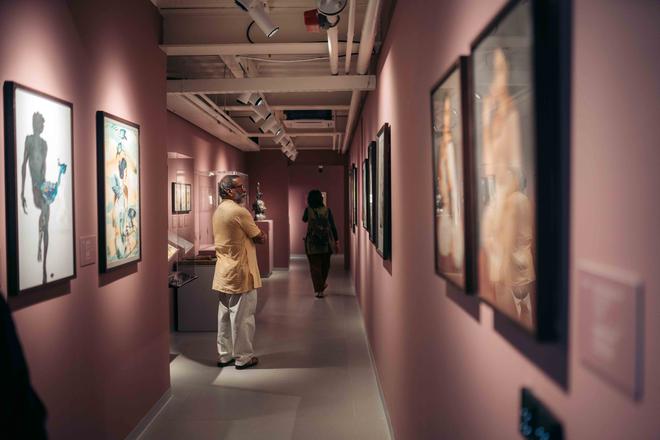
Contemporary jewellery at MAP
We already have a small selection of earrings inspired from our collection at the MAP Shop. But as the museum grows, we have plans to expand our operations with unique collaborations with contemporary artists from our collection and more. Museum shops are a great way to introduce visitors to the diverse history of art in India in a manner that is unique and personal.
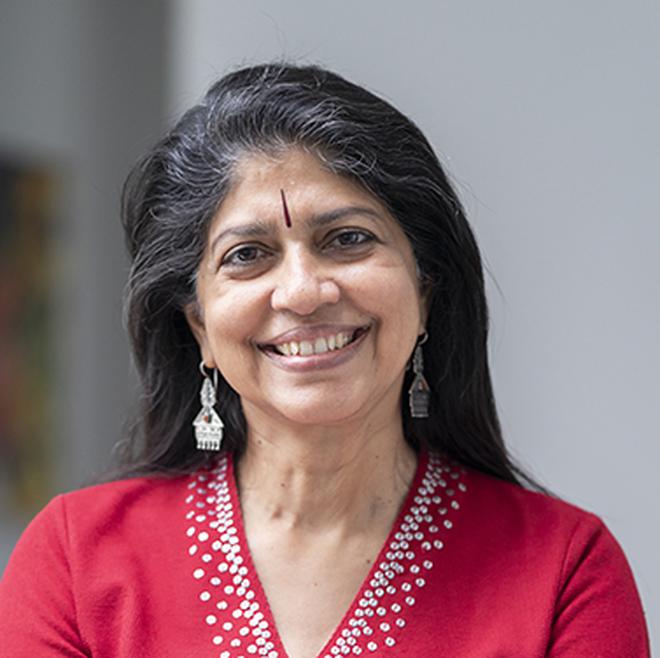
There have always been budgetary constraints in museums in the country and a lack of resources to have dedicated teams, research and execution of ideas for visitor interaction. We are seeing a museum-going culture gradually build within the country and perhaps museum shops will provide audiences with yet another reason to visit.
— Kamini Sawhney, Director, MAP Bengaluru
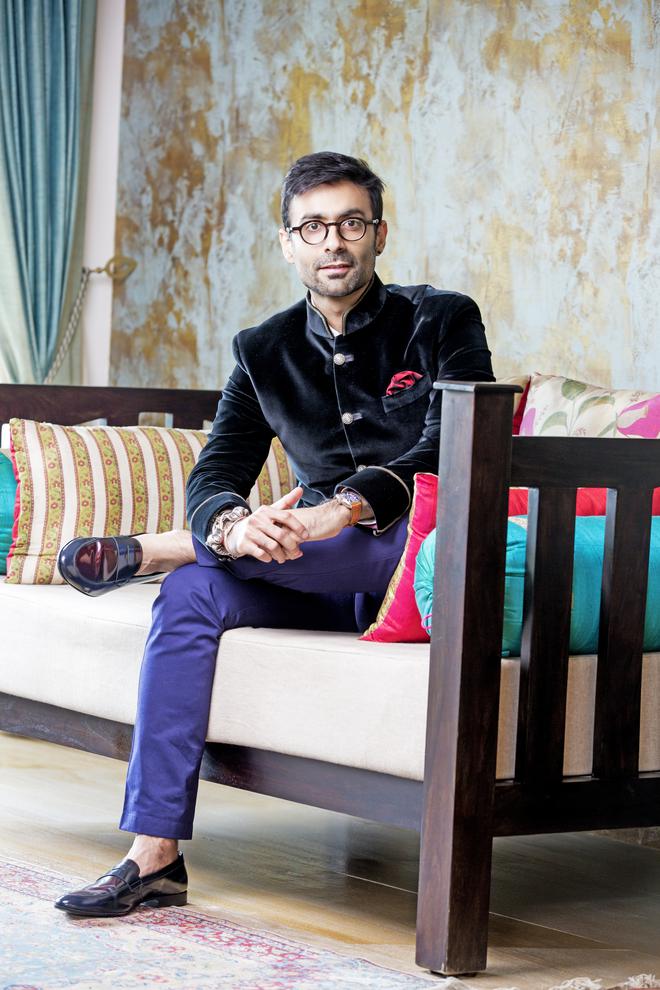
New at Amrapali Museum
While we have been retailing in museum shops at the Mehrangarh Fort in Jodhpur and the City Palace Museum in Jaipur, as well as Udaipur, we have not taken that leap where we create jewellery according to a collection at an Indian museum. We have done this in the past with V&A London and have been in talks with Qatar Museums. If Indian museums give us a brief and tell us, for instance, that this is the sword we want to highlight from the collection, then we can explore options like a pen, pendant or brooch. That attention to merchandising or curation at the gift shop has not been given yet. Not even at the Amrapali Museum we launched five years ago. But we have plans for a well-curated museum shop later this year.
— Tarang Arora, CEO and creative director, Amrapali
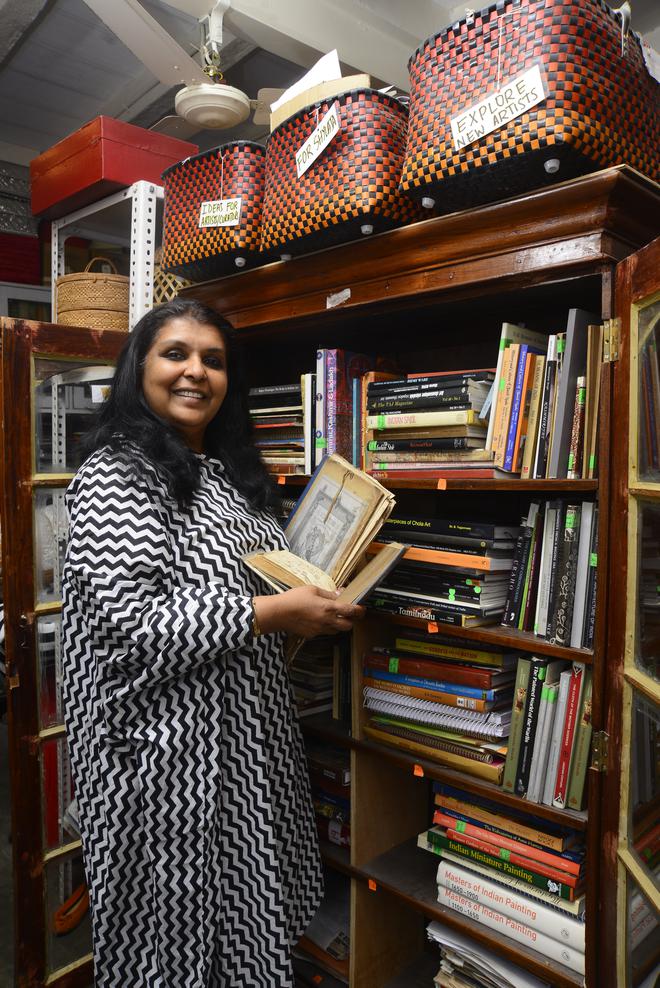
Finding alternatives like Vayu
Since the museum-going culture does not exist in India as it does in the West, museums here don’t look at the gift shop as a business. Chennai’s Dakshinachitra is one of the few museums in India where it is a point of business. Also the business of retail is moving online. When you talk about contemporary jewellery and craftsmanship you think of stores like Kamala by the Crafts Council of India in Chennai or Nimai in Delhi. The closest to a museum shop in India would be Vayu in Bikaner House.
— Sharan Apparao, curator and founder-director, Apparao Galleries






